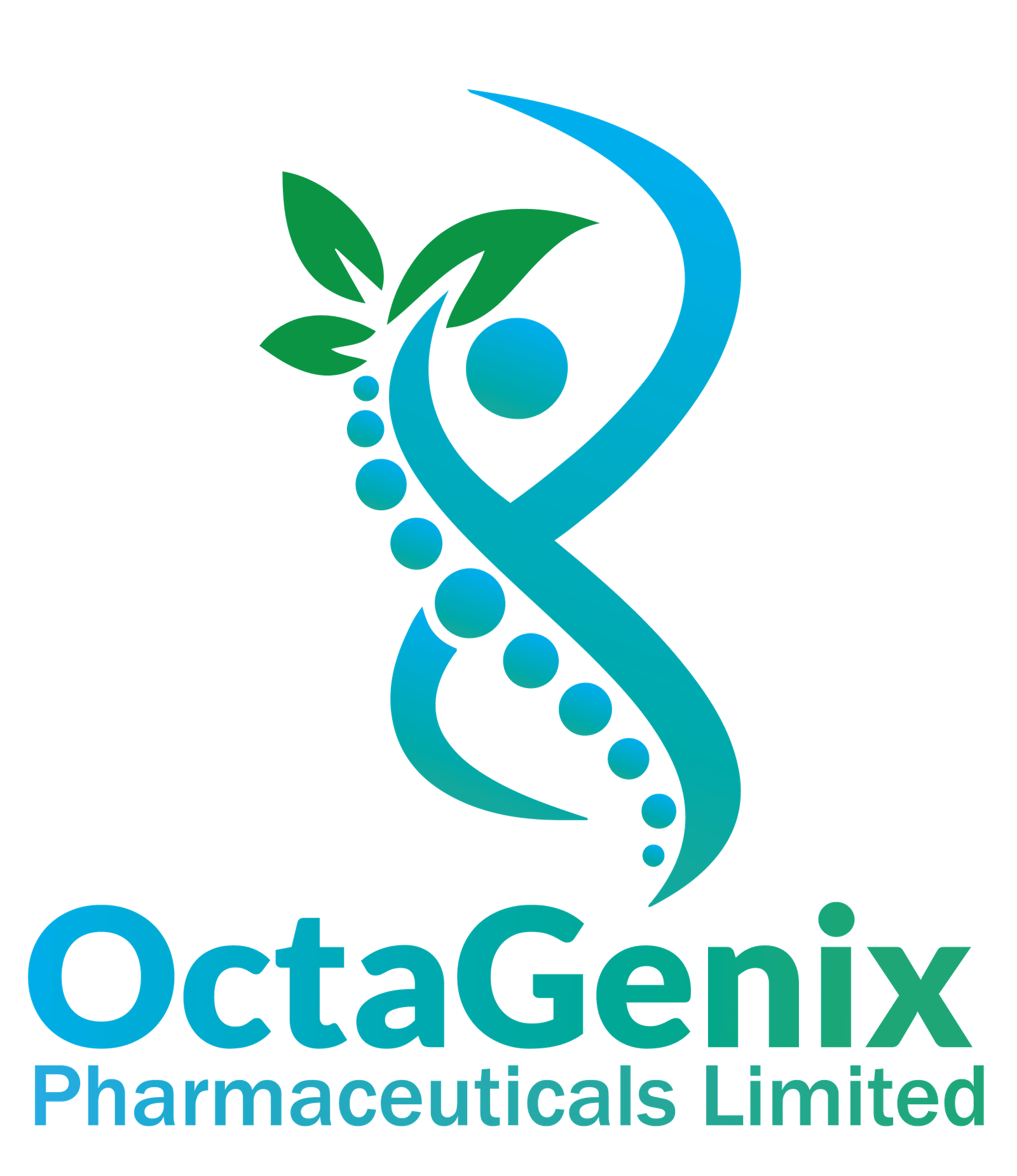Research and Development
At OctaGenix®, we believe that research can improve health and well-being in so many ways, from the development of everyday convenient healthcare products and medical devices to improved drug formulations and life-saving medicines. We work closely with the leading researchers and world-renowned institutions and engage them in exhilarating research to develop new medicine and solutions. OctaGenix® has the capability to develop and commercialise the oral therapies of the injectable formulations.

Dr Tom Chapman started supplying Diethylpropion to Harley Street clinics as unlicensed specials.
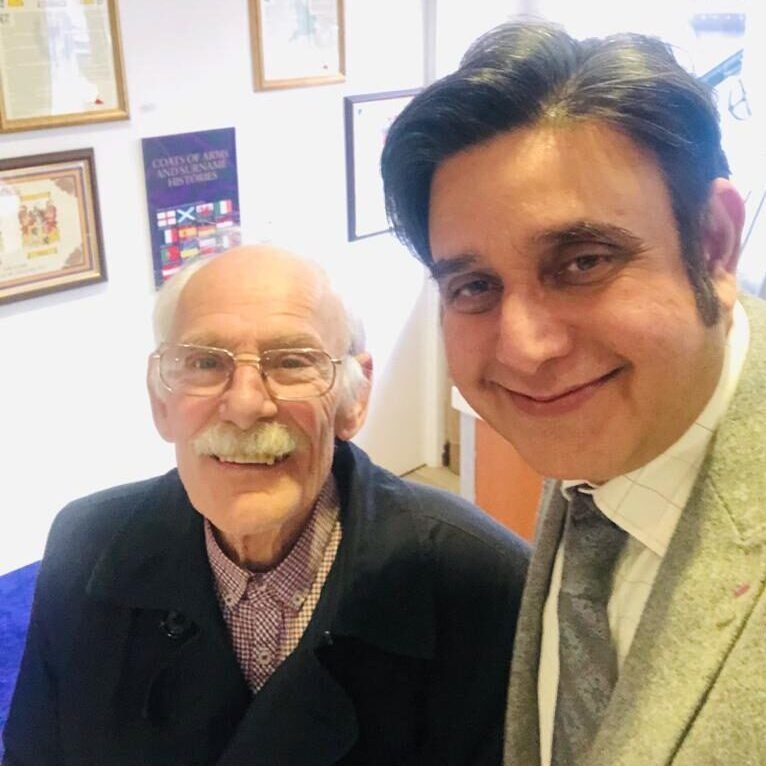
Dr Zulfiqar Khan and Dr Tom Chapman collaborated on the research of whole plant medicinal cannabis extract and its benefits in multiple sclerosis
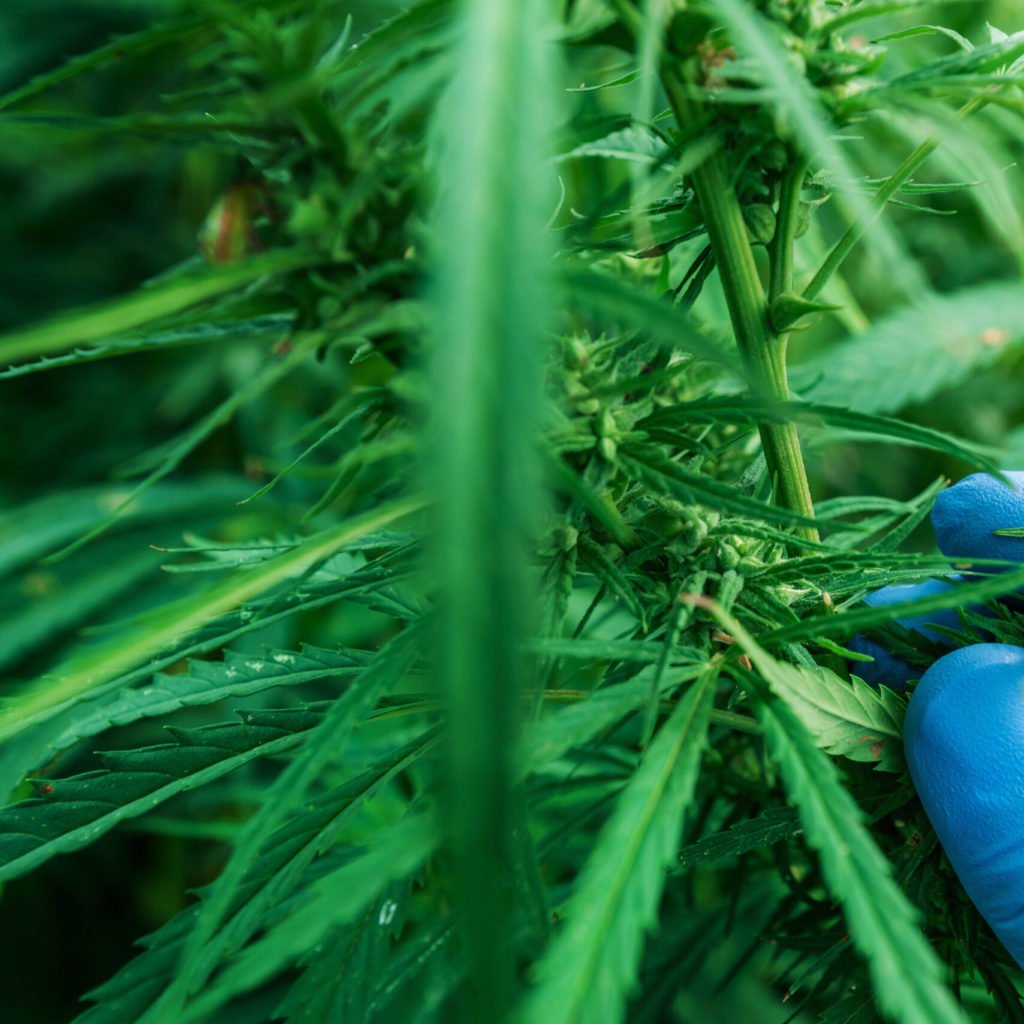
In Brough, we researched the first medical cannabis product as specials for treating neuropathic pain associated with multiple sclerosis. Later the product with the same strain and composition was registered by GW Pharmaceuticals under the proprietary name of Sativex.
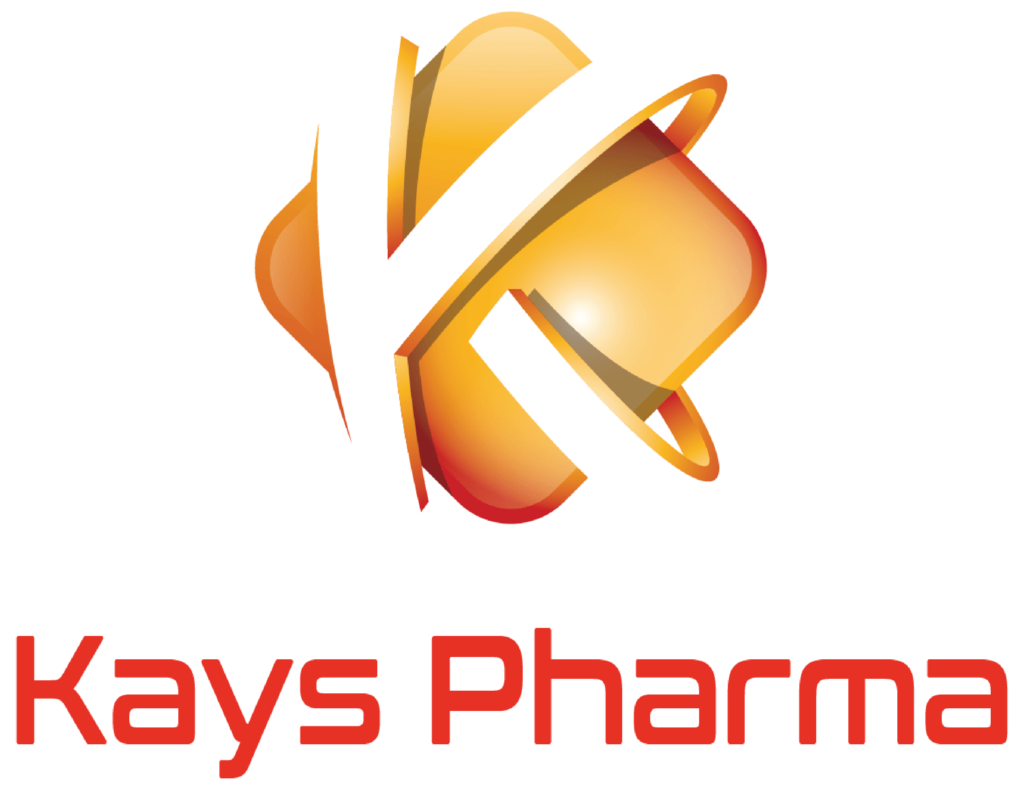
Founded Kays Pharma to research and supply of affordable generic pharmaceuticals.
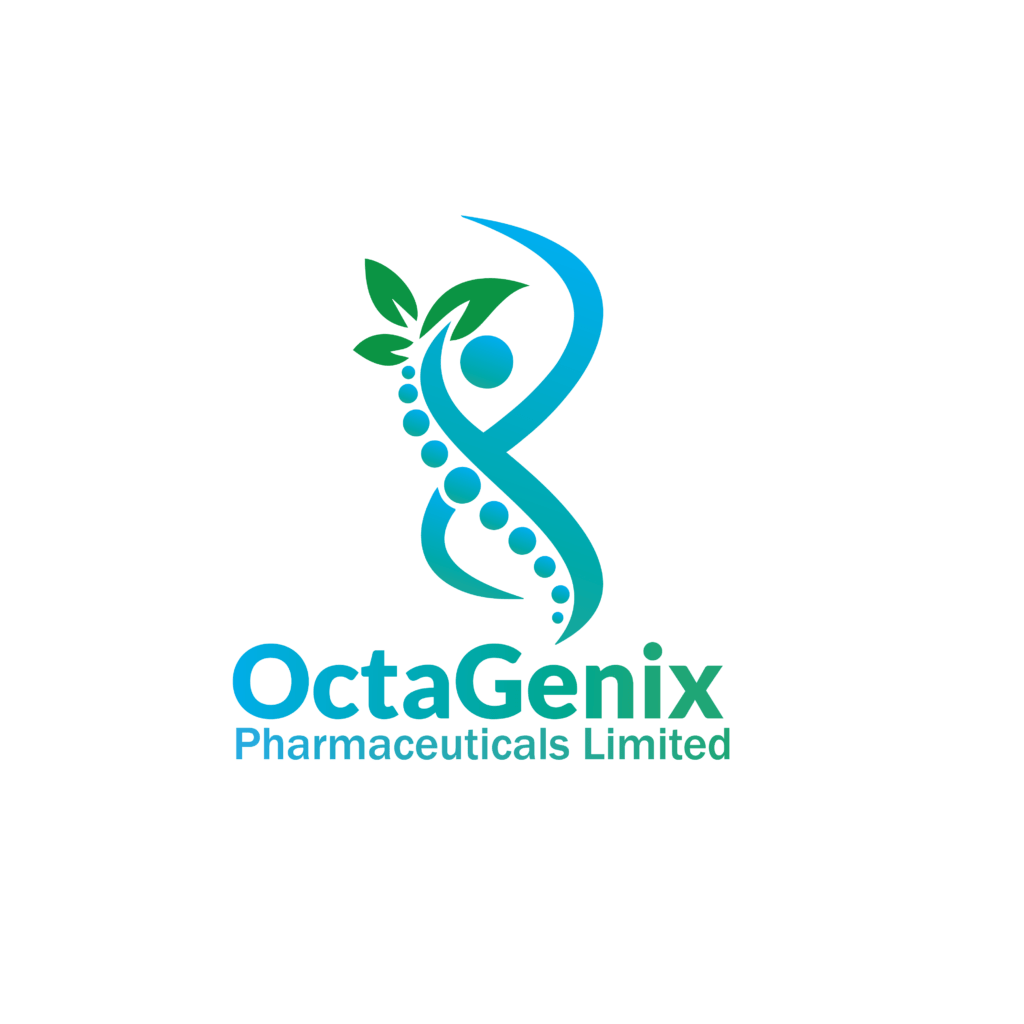
Add DescriptionDr Zulfiqar Khan created OctaGenix Limited with the mission to combat health and care inequalities and to enhance patient access to the novel treatments. Here

CBD Business Limited was created to provide a range of scientific consultancy services within the medical cannabis arena and to connect cannabinoid scientists, industry leaders, and specialists with commercial projects.
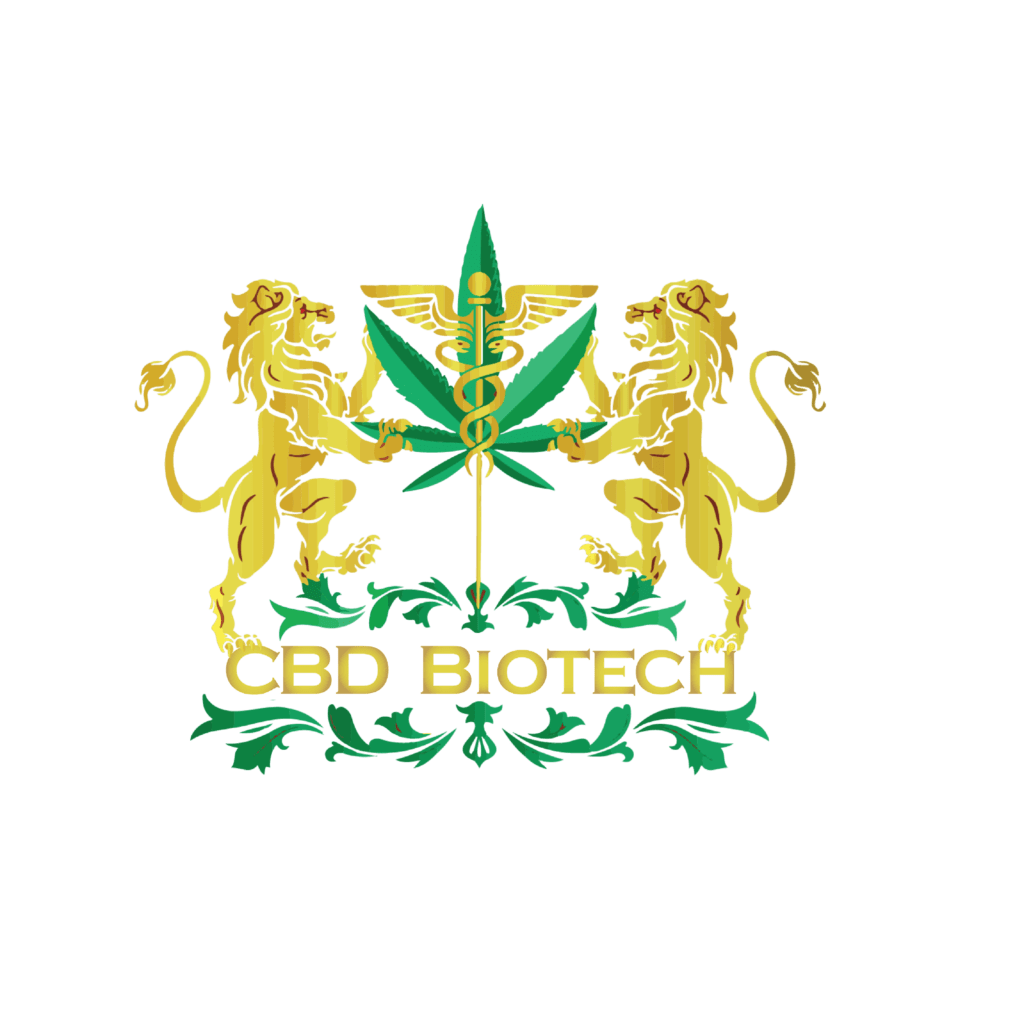
CBD Biotech Limited was set up to Manufacture and distribute innovative and premium quality CBD products to B2B and B2C.

KVK Tech Europe Limited was established to research and market anti-obesity pharmaceuticals.
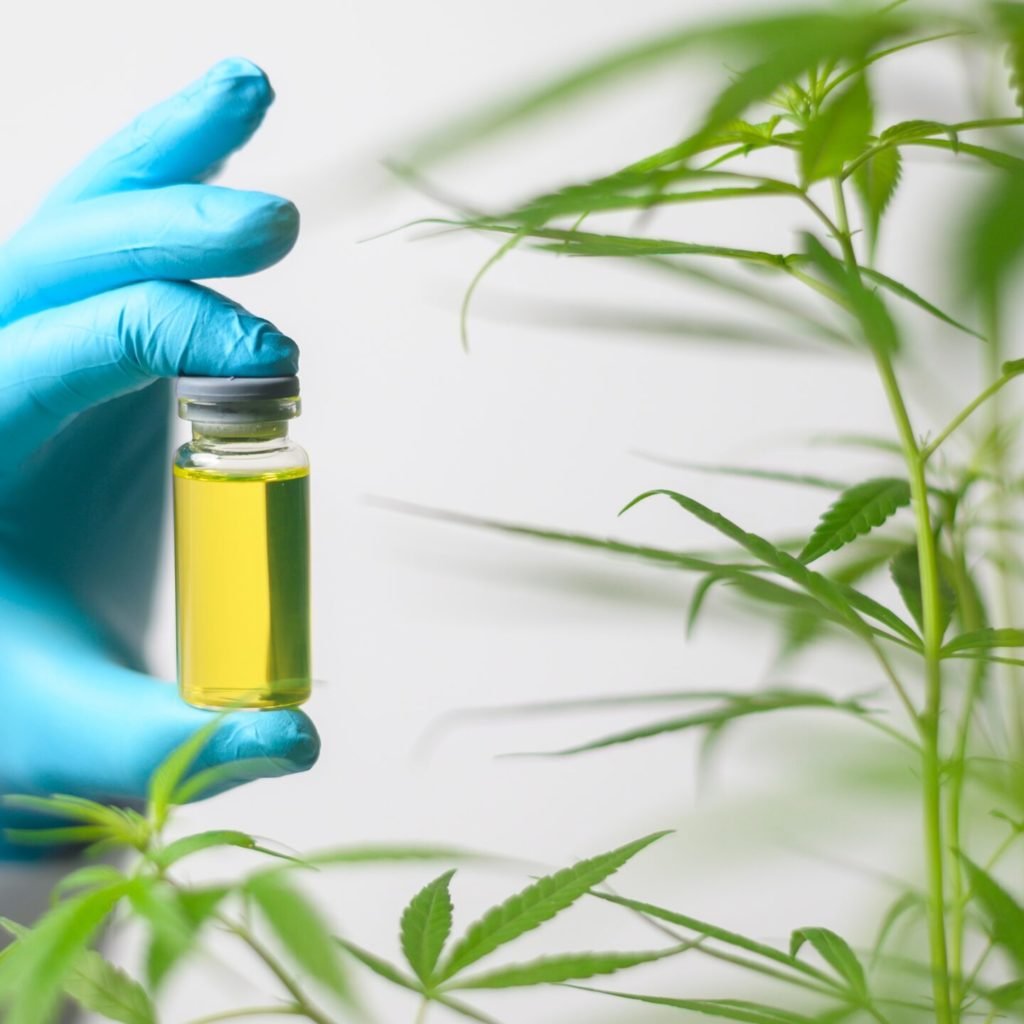
CBD Business Limited set up numerous remunerative CBD and medical cannabis cultivation and extraction projects in various parts of the World including UK, US, and Europe.
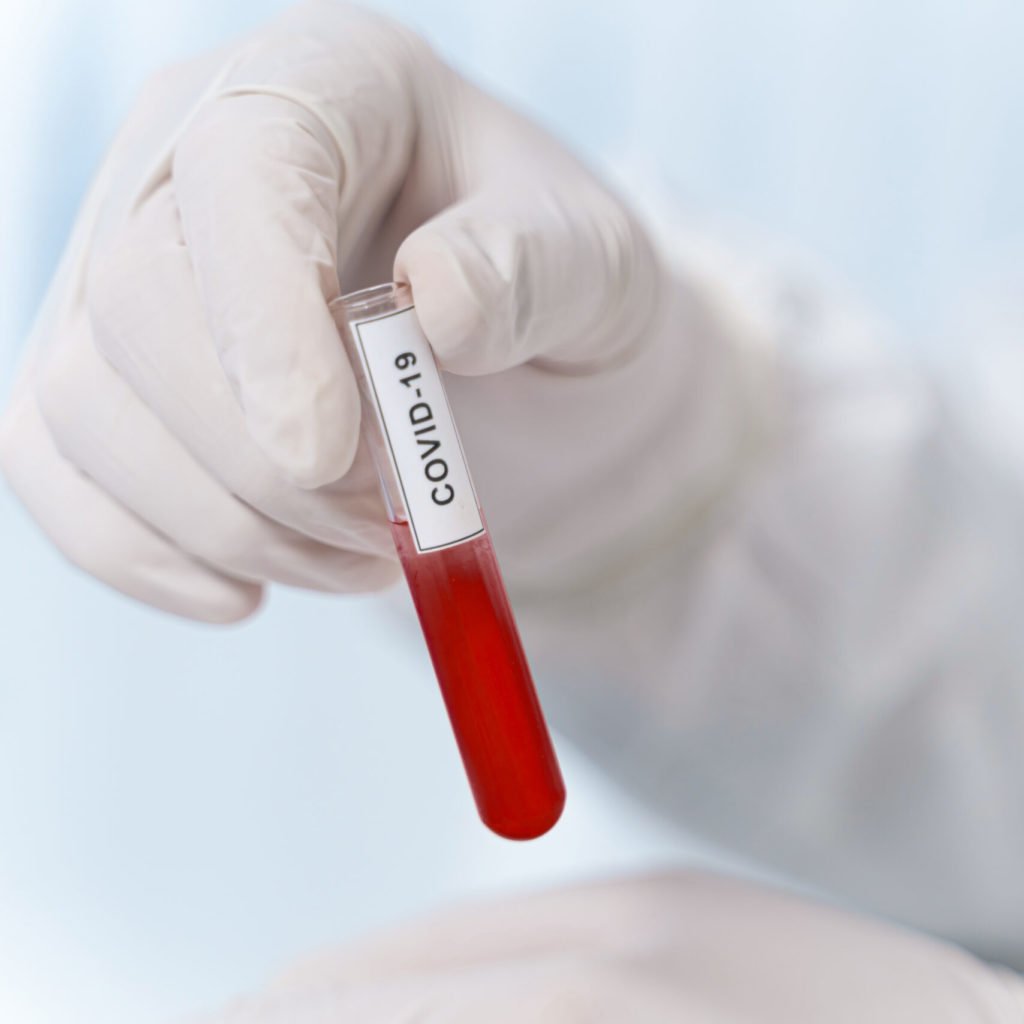
Abreast with the situation of COVID-19 virus, OctaGenix put all its resources to combat virus, conducting trials to study anti-inflammatory and immunoregulatory response of Artemisinin in COVID-19 infected patient and aiding the supply of vaccines to the governments.

Launch of the first and only COVID-19 AI detection system to sniff and identify the COVID-19 carriers in busy places based on body odour profiles and changes in the Volatile Organic Compounds (VOCs).
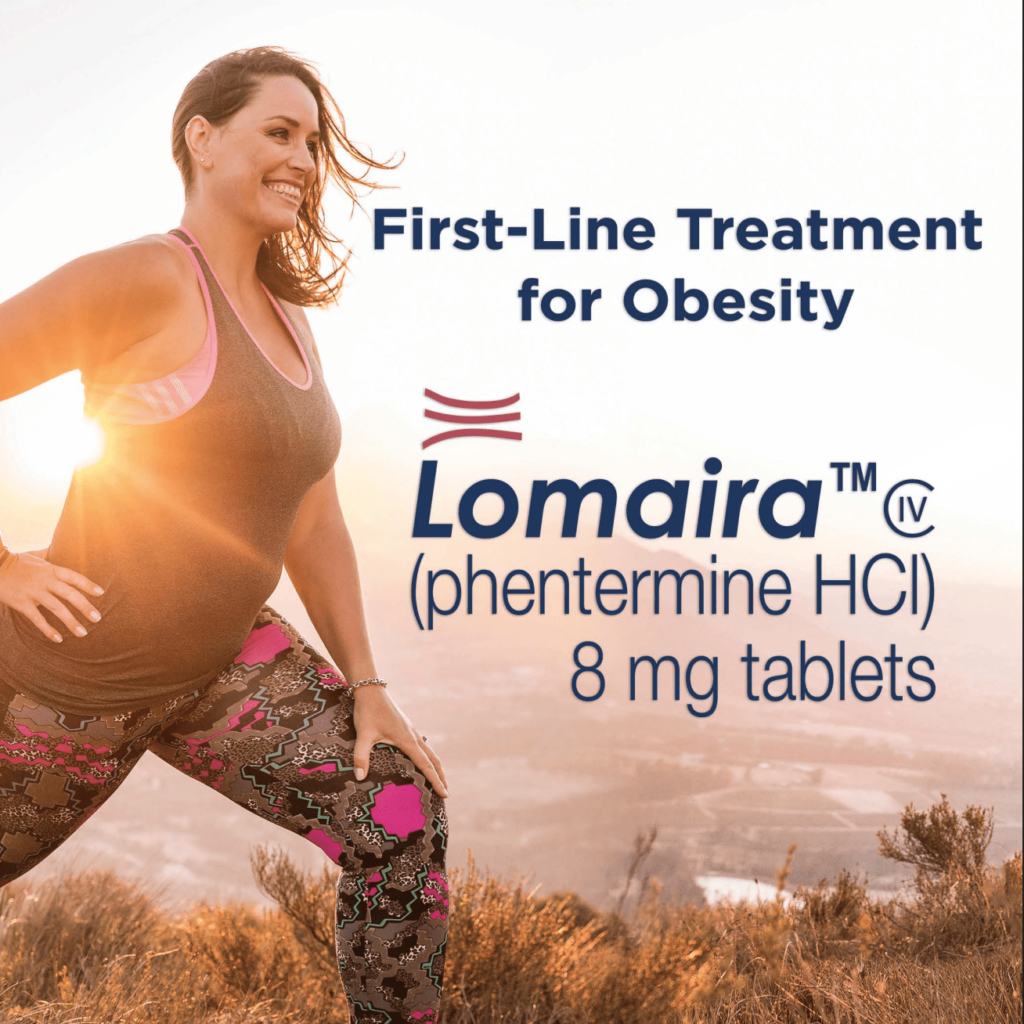
Marketing agreement with KVK tech for the supply and distribution of Lomaira, a low dosage Phentermine, for weight loss.

OctaGenix are supporting Ukraine and provided Ukraine hospitals with Vital medical supplies.
OctaGenix® has the capability to develop and commercialise the oral therapies of the injectable formulations.
The Technology
Compositionally, the exines are comprised of sporopollenin, which is polycarotenoid-like containing carbon, hydrogen, and oxygen. Each particle is identical in size, shape, and chemical composition to all the others. In addition, exines have polyphenolic functionality endowing them with light-shielding and antioxidant properties. Exines are extremely tough, resistant to acid, and alkali degradation and have been shown to pass unchanged through the digestive system of animals. The exines from Lycopodium clavatum (club moss) spores are emptied of all their genetic, protein, carbohydrate, and lipid materials to leave a hollow capsule. The process is free from toxic reactants and can be largely physical. The empty exines can then be loaded with the API.
Exine shells are used for the protection and oral delivery of acid sensitive peptide drugs, antibodies, and for the oral or respiratory delivery of vaccines
Orphan Drugs
Orphan Drugs
Orphan drugs have substantially improved the expectancy and quality of life.
For example, before the availability of treatments for cystic fibrosis, the patients could expect to live less than one year. Now, however, the life expectancy of an individual with cystic fibrosis has increased to 37 years with the available treatment.
During the last three decades, the marketing authorisation for orphan drugs for treating rare diseases has increased substantially in the EU and USA.
In 2020, EMA approved 32 novel drugs and biologics with orphan drug designation.
The largest number of Orphan drugs for rare diseases were in continuous use in Germany and the UK, where 102 (91%) and 95 (85%) medicines were used, respectively.
Orphan drugs are hard to develop and may help big pharmaceutical companies to reduce the impact of revenue loss caused by patent expiries of blockbuster drugs due to the fierce generic competition of essential medicines.
Research Focus
Most of the top EU pharmaceuticals and biotech manufacturers have pushed their R&D towards the orphan drugs sector, and in the last three decades, this sector has experienced phenomenal growth.
According to a recent report, the orphan drug market is growing more than twice as fast as the non-orphan market. According to the industry forecast, by the end of 2026, orphan drug sales will account for 20 per cent of all prescription drug sales.
Orphan Drugs are expensive, with treatment costs ranging from €7,000 to $500,000 per year, and 39% of orphan drugs cost more than €100,000 annually.
Recent Trends
Due to rapidly expiring patents of Orphan drugs and prospective shares of the generic and bio-similar, Novartis has set up the generic arm of the company under Sandoz to research & develop the generics of Orphan drugs and Biosimilars, which have expired patents.
Indian pharmaceutical companies are leading the way to research and develop biosimilars and generics of orphan drugs that have expired their patents, e.g., Cipla and Dr Reddy’s Laboratories.
Patents of Orphan Drugs
In the EU and US, the landscape for Orphan drugs is rapidly changing as many drugs with orphan designations are reaching the end of their market exclusivity, allowing for the potential of affordable generics to enter the market to the benefit of healthcare systems.
In 2019, out of 156 orphan drugs, 48 lost their exclusivity and by the end of 2021, 38 products had no generic or biosimilar, which has given liberty to EU drug manufacturers to continue marketing their products at a very high price.
The originator company enjoys 10-12 years of exclusivity.
Indian pharmaceutical companies are leading the way to research and develop biosimilars and generics of orphan drugs that have expired their patents, e.g., Cipla and Dr Reddy’s Laboratories.
Research and Development of Generic Orphan Drugs
At OctaGenix, our mission is to bring the generics of high-price Orphan drugs to enhance patients’ access to novel treatments.
OctaGenix aims to support healthcare systems and medics to treat more patients with their existing budgets to reduce mortality and morbidity rates.
OctaGenix has selected four Orphan Drugs which have expired their patents and have an escalating number of patients due to awareness programmes conducted by the originator companies.
The generics of orphan drugs are substantially cheap to develop, manufacture and market.
If the treatment cost of the originator product is around 20,000per year, then the generic can be supplied at a quarter of the price with huge profit margins to the manufacturers.
